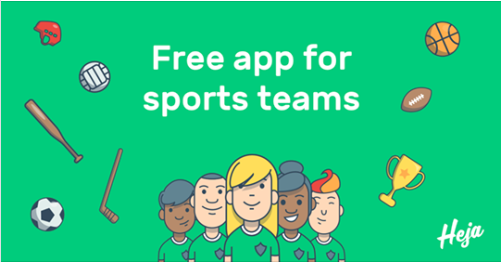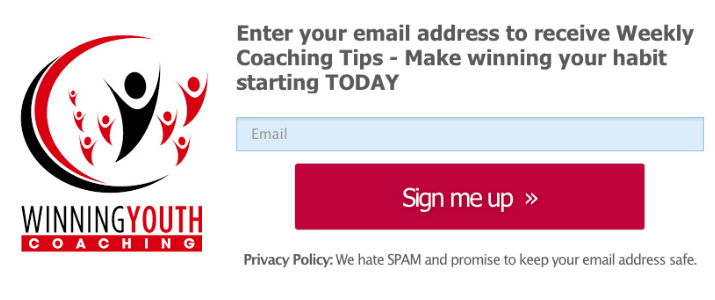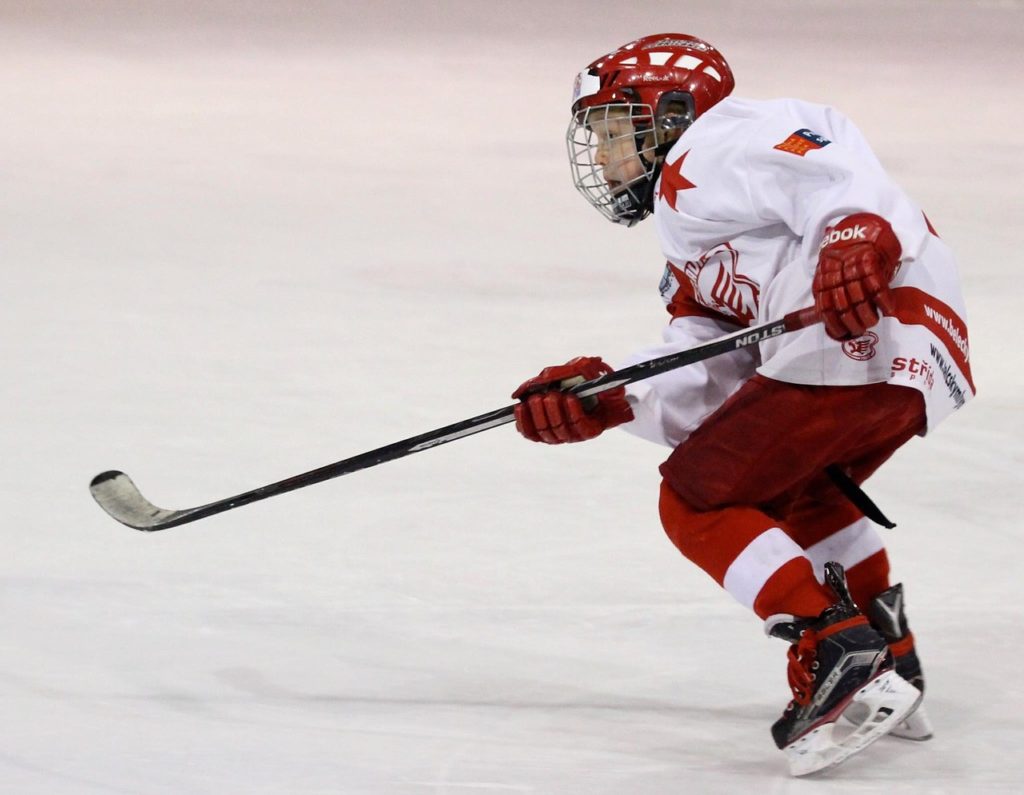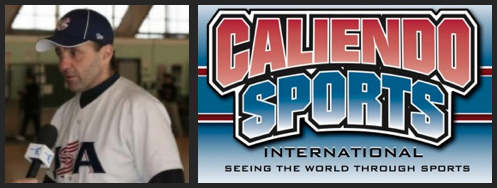October 25, 2018
WYC 158 – College Recruiting – Shannon Evans – A Female Coach in a Boys Sport


Shannon Evans is the Founder of The Scholar Coach Academy. Shannon was an active lacrosse coach and is now incredibly passionate about spreading the word about the Truth of getting athletic scholarships, importance of teaching Leadership prior to college and HS and celebrating failure!
Website: thescholarcoach.com
Listen Now:
Listen on iTunes: iTunes link
Listen on Stitcher: Stitcher link
Listen on Google Play Music: Google Play link–
–
New Sponsor!
Show Notes – WYC 158 – Shannon Evans
Each One Teach One
- The experienced players get to teach the less experienced. So the coach shows the experienced player what they want to teach, then the experienced player teaches that skill to the less experienced. Great way to teach your leaders how to lead.
Great small area game
- Chumash – 3 on 3 – can score on either side of the goal. Similar to 3 on 3 basketball, you have to take it ‘back’ when possession switches.
Pop goes the weasel/Fox in the box
- 5 defenders in front of goal, 5 offensive players. Defenders have to stay in the box, offensive players cannot go in box. Then a defender ‘pops’ out of box and covers the ball, then when that players passes it the defender goes back into box and the next defender pops out. Teaches offense to not run into traffic and move the ball.
Nonverbal communication
- Creating some really simple hand signals is much more effective than trying to yell across a field
College recruiting – Showcases
- Elite camps – the key is the student needs to have a relationship with the coaches before the camp.
College recruiting – Know what D1 demands are
- D1 – Train and practice year-round – Full time job year-round and you go to school
- D2 – Full time job in-season, mostly a full-time job out of season
- D3 – Full time job in-season, off-season the expectations are much lower
Best way for a high school coach to prepare an athlete for college
- Freshmen/sophomore year – Look for camps where coaches from a school you want to go to will be. Make sure the school you are interested in has the major you want to study.
- The athlete should email coaches (make sure you understand the specific NCAA guidelines for your sport). Never should come from the parent. Coaches don’t want to hear from parents.
- Remember MOST college athletic scholarships are not for full rides. Many only cover 1/4 to 1/3 of cost.
- Grades/test score/rigor of your schedule – are the most important things a high school athlete should focus on.
The one that got away
- Being a female coach in a boys’ sport – Shannon got called horrible names. She taught her players the best way to beat a bully is to outscore and outplay them.
Favorite books/quote:
- ‘You can march to the beat of a different drum but you have to stay in the parade’
Parting Advice
- For each practice – have a clear measurable obective. Tell the players what it is at the beginning of practice, then review it at the end and ask for input on how well you accomplished it.
—
Reviews are the lifeblood of the podcast!- If you like the podcast- please take 2 minutes to write a review! Click here
–
Ready to be an Awesome Youth Coach? Sign up for our free weekly newsletter:
SaveSave




